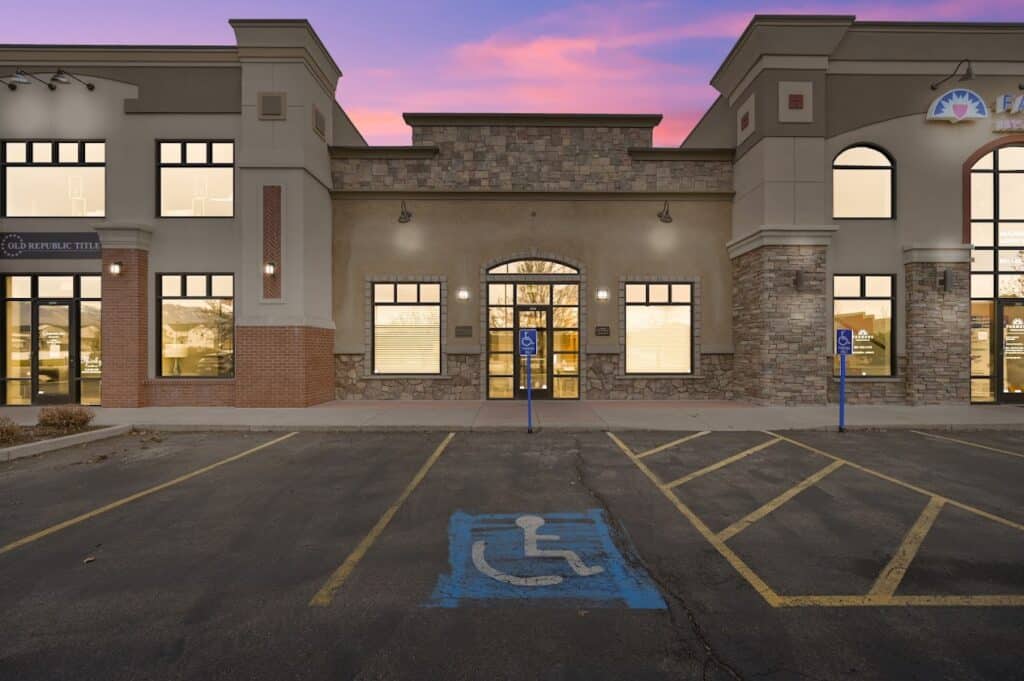

Revised by: Cheryl Kehl: LCSW, SGB, MTHFR
CEO, Co-founder and Partner
Equine therapy is a form of complementary psychotherapy that works with the interactions between horses and people and has been used as such for over 60 years. A licensed psychotherapist or counselor and a trained equine specialist, help patients interact with horses to aid in overcoming mental health conditions.
Equine therapy, or equine-assisted therapy (EAT), is a powerful experiential therapy proven successful in helping treat a number of mental health conditions. Read on to learn more about how it works and its benefits.
There are two main ways EAT is conducted. One involves non-riding activities combined with riding activities. The disadvantage of this approach is that it requires acquiring horsemanship skills, developing balance, and some physical endurance.
The other approach, called “Boots on the Ground”, promoted by the international organization EAGALA (Equine-Assisted Growth and Learning Association), involves no riding activities. Clients engage with untethered horses while standing alongside them, on equal footing. Activities include:
This model is grounded in the concept that a more authentic interaction develops when both the client and the horse are free to move. The emotional state of the client is mirrored in the horse’s movements and behaviors. This helps reveal otherwise hidden insights.
This approach believes that non-riding interactions create a more open and honest space for clients. When guided by the intuition of the horse and the expertise of a trained therapist, this provides the opportunity for deep self-reflection. According to EAGALA, “the role of the therapist and equine specialist is to observe and facilitate—not direct—allowing the natural bond between the horse and client to take center stage”. [1].
Equine therapy promotes emotional healing, personal growth, and resilience. Because horses respond authentically to human emotions, they serve as unique therapeutic partners. This helps clients develop crucial life skills in a supportive, non-verbal environment.
According to some research, it remains unclear whether mounted activities add therapeutic benefits to the EAT experience for participants, although some studies have shown it does. Further research is needed. [2].
As for the boots on the ground approach, there is still little clinical evidence, but extensive worldwide experience has shown the following benefits:
Horses are highly sensitive to human emotions, providing immediate feedback that helps clients become more aware of their feelings. Merely being near a horse can have a calming effect. Similarly, with grooming and feeding, it can reduce anxiety and depression.
By interacting with horses, cortisol levels (the stress hormone) may lower and oxytocin (the bonding hormone) increase, promoting relaxation.
Individuals can gain a sense of accomplishment working with large, powerful animals like horses. Self-confidence and self-efficacy can be boosted by guiding or connecting with a horse. People feel accepted, reducing feelings of inadequacy through non-judgmental interactions with a horse.
Horses respond to non-verbal cues. Because of this, clients can improve their body language, assertiveness, and boundaries. As well, in group therapy with horses, teamwork, trust, and healthy social interactions can be encouraged. This can help people who struggle with human relationships, such as those with autism, social anxiety, or PTSD.
Equine therapy is especially effective for veterans, abuse survivors, and those with PTSD. For those who have difficulty talking about their experiences, horses provide a safe space to process trauma without the need to talk. The rhythmic movement of horseback riding (when done) can help regulate the nervous system, similar to EMDR (Eye Movement Desensitization and Reprocessing) therapy.
Clients who have experienced betrayal or abandonment can rebuild relational skills since horses require mutual trust. Through the bond formed with a horse, the basis for healthier human relationships can be created.
Horses live in the moment. This therapy encourages clients to focus on the present moment as well, rather than dwelling on the past or worrying about the future. Grooming or leading a horse requires full attention. This promotes mindfulness.
For those grieving, the therapeutic bond with a horse can provide comfort, companionship, and unconditional support. Horses can help clients process complex emotions in a non-verbal, intuitive way.
Patience, impulse control, and emotional awareness can be developed with children with ADHD, autism, or behavioral disorders. Often, teens struggling with depression, self-harm, or low self-esteem respond well to the non-judgmental nature of horses.
With horseback riding, balance, coordination, and core strength can be improved. This can enhance mood. The rhythmic motion of riding can be meditative and grounding.
Emotional regulation refers to the ability to recognize, understand, and manage emotions in a healthy way. It involves:
Emotional regulation boosts mental health. It helps:
By controlling emotions, we respond thoughtfully instead of reacting destructively, leading to better communication, resilience, and overall well-being. Mastering it fosters success in work, love, and life.
EAT can help a wide variety of people, including those suffering from:
Key components for effective therapeutic intervention were outlined in one research study on EAT for treating complex trauma in youth [3]:

Results from this small study showed the following outcomes as an excellent example of what can be accomplished:
Other research with veterans suffering from Post-Traumatic Stress Disorder involved with a course of EAT showed improvements in PTSD symptoms and a slight reduction in heart rate [4].
EAGALA’s model is powerful for self-discovery—horses expose hidden emotions, providing a unique, non-judgmental path to healing. Expect deep, experiential learning rather than direct advice [5].
An equine therapy session typically follows this structure for 45 to 90 minutes:

1. Introduction and Goal Setting: The therapist discusses the client’s objectives (e.g., reducing anxiety, improving communication).
2. Ground-Based Interaction: Clients engage with horses on the ground (no riding) through activities such as leading, grooming, or observing the horse and navigating obstacle courses or teamwork exercises.
3. Horse as Mirror: Horses react to the client’s emotions. This provides real-time, non-verbal feedback. Therapists help interpret these reactions (e.g., a horse moving away may reflect boundary issues)..
4. Therapeutic Debrief: The therapist guides reflection on the experience, linking insights to the client’s personal challenges.
5. Application to Daily Life: The therapist guides reflection on the experience, linking insights to the client’s personal challenges.

While equine therapy offers many benefits, some individuals have reservations. Here are the most frequent concerns:
Utah is home to numerous high-quality equine therapy programs, offering support for mental health, trauma, addiction, and developmental challenges. Look for EAGALA, PATH International, or Professional Association of Therapeutic Horsemanship (PATH)-certified facilitators. Verify if licensed therapists (LCSW, LMFT) are involved.
Treatment for mental health conditions and trauma is available in Utah. Are you or a loved one looking for a compassionate space to heal from anxiety, trauma, PTSD, other mental health conditions, or addictions? Our licensed trauma-informed professional therapists and counselors at Corner Canyon Health Centers can provide compassionate help using a range of therapeutic and holistic techniques.
Reach out to our Admissions team now at Corner Canyon. We’re in a peaceful setting bordered by the beautiful Wasatch Mountains.
[1] Eagala’s Boots on the Ground Model. Eagala.org
[2] Ward, J. et al. 2022. Ward J, Hovey A, Brownlee K. Mental health benefits of mounted equine-assisted therapies: A scoping review. Health Soc Care Community. 2022 Nov;30(6):e4920-e4935.
[3] Naste, T. et al. 2018. Equine Facilitated Therapy for Complex Trauma (EFT-CT). Journal of child & adolescent trauma, 11(3), 289–303.
[4] Equine-assisted interventions for veterans with posttraumatic stress disorder: a systematic review. Front. Psychiatry, 02 November 2023. Sec. Anxiety and Stress Disorders. Volume 14 – 2023
[5] All About Equine Assisted Psychotherapy. PsychCentral.com

We are specifically formulated to offer personalized therapeutic interventions to adult individuals with mental health disorders.

We provide a comprehensive Intensive Outpatient Program (IOP) that offers clients the opportunity to attend group therapy sessions three to five times a week.
Corner Canyon now accepts most major health insurance plans. Get in touch with our admissions team today.
